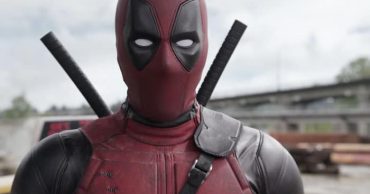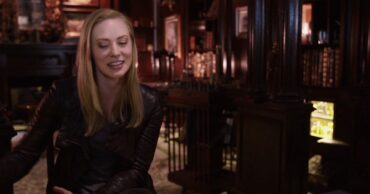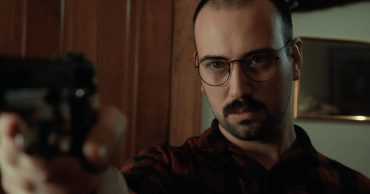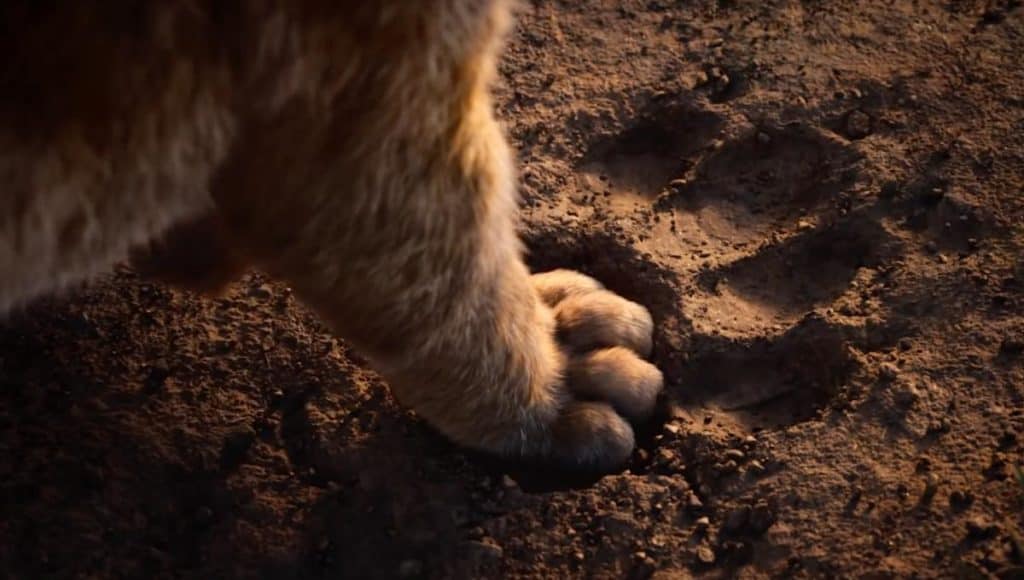
Unlike a lot of my fellow movie critics, I don’t always approach remakes with same instinctive, kneejerk reaction that one would expect from a crusty old man yelling at those damned kids to get off his lawn. In fact, in many cases, I happily welcome them as the golden opportunity that they are: to give us a fresh take on a dated narrative, to make up for the sins of less enlightened filmmakers from a less enlightened time, to learn from and adapt based on what we learned from the first go-around with this same material.
And from this most recent cycle of movie remakes (which, less face it, has existed since as far back as the silent era and is less an isolated cycle than a continuous consequence of a film industry so intrinsically tied to a capitalist market endlessly seeking profit and ways to capitalize on the built-in-market of still-popular movie franchises), Disney has been an especially fascinating case of an international mega-corporation coming to terms with their own sordid past as a not-always-forward-thinking purveyor of children’s entertainment. They have, by and large, been gorgeous spectacles of unparalleled production value, which in many cases serve up fascinating modernizations and deconstructions of its very legacy.

You could see the start of this trend with the vastly underappreciated Enchanted (2007), which imagined what it would be like for a Disney-esque cartoon princess crossing over into our world. From evading her dim-witted suitor, summoning a plague of rats, pigeons and cockroaches to held her clean her apartment and having to rescue her beau-in-distress from a malevolent dragon, the film eagerly breaks down what motivates these seemingly airy princesses, how they would function in the real world and all the ways in which they might just surprise us. And I don’t think anybody could blame them for including a plethora of Disney-coded easter eggs and a couple of catchy new musical numbers.
Next up, surprisingly enough, was Frozen (2013). While most everybody who saw it chooses to focus on the gorgeous animation, well-drawn relationship between the two female leads and the show-stopping “Let It Go” sequence, it made a point to similarly grapple with Disney’s now-old-fashioned brand of female empowerment. Elsa is, after all, the first “princess” to take on the mantle of Queen in her own right, and notably to do so without the aid of a prince. Additionally, she chides her more stereotypical sister, Anna, for falling in love with a man that she just met and clearly doesn’t know anything about (including, spoiler alert, the fact that he’s a duplicitous creep who’s trying to steal the kingdom from out beneath the two of them). Yes, there’s a mentally-challenged snowman and a couple of funny looking trolls, but it actually stared down Disney’s own problematic legacy and came to something of a compromise between them: that you could have the flighty, medieval-adjacent romantic fantasy and still end up with powerful, driven women who enjoy agency in their own stories.
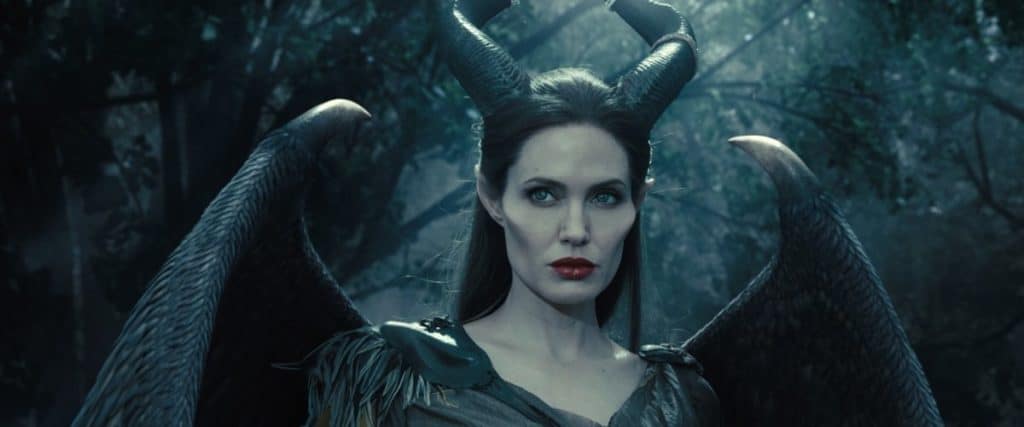
The remakes, though, started with Maleficent (2014), perhaps the darkest and strangest recent movie in Disney’s expansive repertoire. It reimagines Sleeping Beauty (1959) as a Grendel-like story told from the perspective of its purported villain, the titular Maleficent: a fairy queen wronged by the duplicitous ambitions of mankind. Her deconstructive take on the time-tested source material is implicitly a rape-revenge thriller, one in which Maleficent is drugged by her would-be lover and wakes up to find herself mutilated and inescapably violated (her wings were cut off and brought back to the castle as trophies). Her growth as a character, besides coming to terms with her changed body and getting back what is owed to her, is one of female empowerment and friendship: joining forces with her would-be womanly rivals and not being forced to rely on men for her happiness or protection.
Cinderella (2015) didn’t quite rewrite out popular notion of the glass-slippered princess — certainly not in the same way that Maleficent did — but it found itself in another interesting situation. Whereas Sleeping Beauty was good but deeply problematic from our modern vantage point, Cinderella (1950) was a fine but incredibly boring film. The original delved into all the most tired clichés of the Disney princess genre, from dead parents to evil step-parents, from animal companions to passive female “protagonists.” It’s a fine enough film, to be sure, but was never anything that I much cared for, as either a child or as an adult. The remake, however, was incredibly well done (and, to my mind, the best of these live-action remakes). It made me care about a story that, at it’s core, is mostly about a young, neglected girl going to prom, and beautifully rendered the whole thing in a gorgeous spectacle of dresses and pageantry.
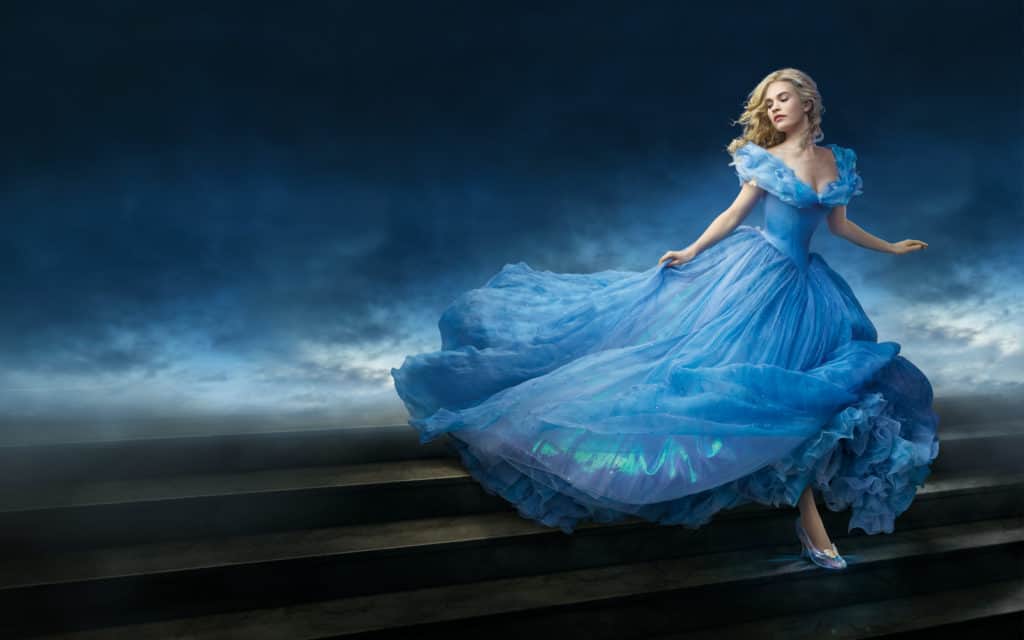
Jungle Book (2016) worked very much in this vein as well. It took a quite frankly underwhelming original animation and remade it into a generally superior live-action story. The special effects were stunning, the kid they got to play the lead was shockingly good, the tweaks that they made were measured and the things that they left in were only the best bits. They got rid of those awkward Beatles stand-in vultures, kept the toe-tapping musical numbers and put some incredible actors in to voice the various animals.
Although Pete’s Dragon (2016) was a perfectly forgettable film that I struggle to remember anything about one way or the other, where these remakes started to get into trouble was with Beauty and the Beast (2017). Now, despite what some vitriolic hot takes might otherwise suggest, Beauty and the Beast is a fine movie. It has some interesting (and in many cases warranted) updates to the 1991 original, gorgeous special effects, impeccable casting and what I’d probably go so far as to say is an improvement on my favorite Disney song of all time, “The Mob Song.”

Here’s the thing, though: unlike the bland Cinderella, the beguiling Jungle Book (1967) and the forgettable Pete’s Dragon (1977), Beauty and the Beast (1991) is actually a good movie: a great one, in fact. It was deservedly the first animated movie to be nominated for a Best Picture Oscar (and, by all rights, should have won it) and was the driving force behind the creation of the Best Animated Feature Oscar a decade later. It is fondly remembered by many as one of, if not the best movie of the Disney Renaissance (the other contender for which is 1994’s The Lion King, whose live-action remake is set to debut a few weeks from now). Aladdin (1992), too, is justly remembered as one of the best Disney movies from one of the best periods of creative output in the company’s history and the birthplace of THE iconic Robin Williams character. The Lion King is honest-to-God Shakespeare, and largely lives up to that literary tradition.
There’s nothing inherently wrong about those animated movies: nothing too obvious to fix or otherwise update. I’m loving the ethnic-appropriate casting, the aesthetics are all decidedly on-point and there’s certainly some room here and there for improvement, but these remakes can’t help but feel like they’re punching above their weight class at this point. The remakes, no matter how good they end up being, can’t help but feel inferior to the originals at this point. That’s not a disqualifier for their existence in and of itself, but it certainly begs the question of what the point of them is (spoiler alert: the point is to make a billion or so extra dollars per release).

Yes, there are worse things that Disney could be doing with all of its Disney dollars. Yes, there are infinitely worse remakes out there. And yes, I am going to see every one of these movies opening night. But the trouble with these movies is that there’s honestly nowhere to go but down with them, and there’s not a lot of reason to revisit them in the first place… at least until they decide to fix everything that went wrong with Hercules (1997). Now there’s a movie that could do with a fresh coat of paint!
 Follow Us
Follow Us



